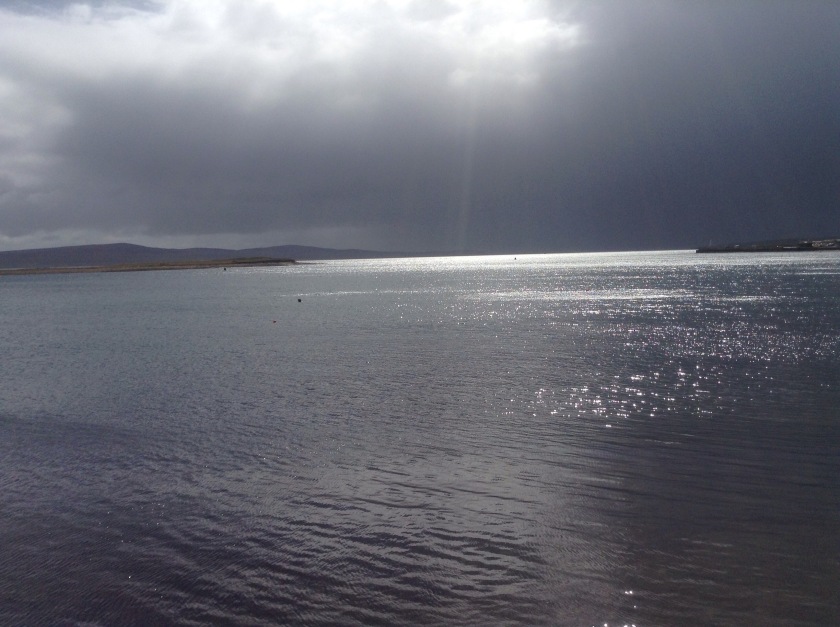
Many years ago I worked in publishing – as a commissioning editor for books and journals in research level chemistry. (No, my degree is in geography!). It took about 3-5 years to commission and publish a book – and I’m talking about 25+ years ago here.
I’m currently writing contributions to a book and I’m interested to find that it still seems to take about 3-4 years to commission and publish a book. Which makes me wonder why we still do (don’t get me wrong – I still have a passion for books – witness too many around the house, I read a lot of books, both fiction and non-fiction, and I was delighted to be asked to add my perspective to this one). Perhaps even more interesting, I wonder whether we are clear about what kind of content can stand the longer gestation and what like this post has a much shorter half life (time for content to receive 50% of the total views it ever will).
So I started doing some digging. The half life of a tweet is apparently less than 30 mins – that of a Facebook post about 90 mins. So now I’m thinking what the half life of a book is, and whether something like Jane Austen’s Sense & Sensibility even has anything like a half life. And whether there is, or should be, a relationship between the half life of, and the time taken to create, content. Or whether that depends on the content – something which is classic may have no relationship. Something which is superseded (back to the research interests) may have a relationship at the time it is created or written but then be completely redundant if the science moves on. (I was always fascinated by the difference between science and maths – it appeared to me that the latter could be improved but never proven wrong . . . . ).
I’m interested in all of this because of the sheer volume of material being created and curated- Mary Meeker’s wonderful annual report on the internet had a slide (number 90) on the daily photos added which makes this abundantly clear. Our old ways of publishing had built in obsolescence mechanisms (one of my least favourite aspects of publishing was deciding what to do if a book wasn’t selling as well as we thought it would) but today’s internet doesn’t. And yet . . . much of the content has a significantly shorter half life than ever and if frequently more personal, less clearly created with any wide audience in mind.
Does it matter? I don’t know – but I worry that, like my memory as I get older, we’re filling up the spaces with stuff that might not be the most relevant for our future – simply the most resonant of our past.
